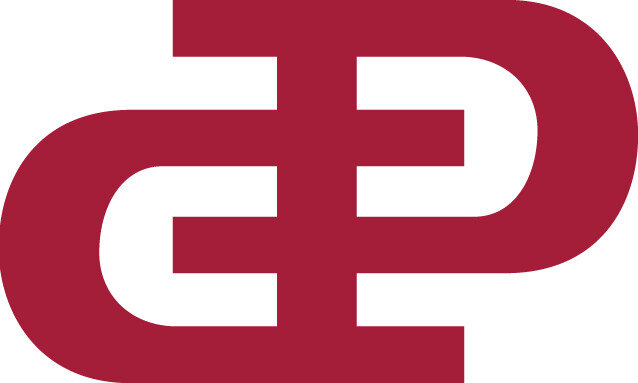Turning Employees into a Strategic Asset
By Larry Goddard and Laurence Franklin
Many businesses say their employees are their most important asset. But many have a hard time providing a compelling explanation of how they know this and what they did to turn their employees into a strategic asset.
Companies that invest significant time, effort and resources into improving their recruiting, onboarding, training, development, work environment, culture and motivation of employees frequently do have a competitive edge. However, this seldom happens by accident - and is usually the result of a concerted and consistent commitment to, and emphasis on, employee engagement and satisfaction.
While this has always been true, it is become sharply more evident in the COVID "great resignation" environment, that has created a sellers’ market for talent. The tables have been turned - and the best employees are now interviewing the company. Businesses that have made a clear commitment to employee engagement and satisfaction will likely have the edge in this competitive market for talent.
Without comprehensive data and analytics, most businesses resort to basing their assessment of employee engagement and satisfaction on anecdotal evidence or speculation. To be more accurate and confident about this, they could benefit by having benchmarking or data to support these assumptions, via employee engagement surveys.
Regular team member/employee engagement and satisfaction surveys can provide:
A significant amount of information about team member opinions, perceptions, engagement, and satisfaction
Strong benchmarking and data to assess team member/employee engagement and satisfaction
Identification of areas to focus on for improvement in engagement and satisfaction
Insights into coaching opportunities for leadership and supervisory weaknesses
Messaging to team members that the company cares about them and their opinions
A high level of team member engagement and satisfaction means employees feel good about the company and want to help it succeed. Businesses that have a high level of employee/team member engagement and satisfaction consistently achieve higher levels of performance and success.
Employees who are engaged and satisfied generally:
Have more energy, enthusiasm, and passion
Are more productive, creative, and loyal
Care more about the company and its success
Are willing to do more to help the company succeed
If the survey identifies areas where employees report a lower degree of engagement or satisfaction, this presents a great opportunity for the company to “walk the talk” and enhance engagement and satisfaction. Taking action to address these issues sends a very loud message that employees are being “heard” and the company cares about them and their job satisfaction.
Surveys should be designed in a manner that facilitates understanding feedback in some of or all of the following areas – Department; Location; Length of service; Position; Gender; Generation/Age; Supervisors; Education level. Analyzing the data in these areas can provide greater insights and actionable improvement opportunities.
Surveys should also be designed to protect participant identity and confidentiality. This significantly encourages participation, obtaining candid answers, and avoids possible retaliation by managers.
Parkland has significant experience in:
Designing organizational effectiveness surveys
Helping management analyze and understand the results of the surveys
Designing programs to improve team member engagement and leadership effectiveness
Assisting in implementing the improvement programs
Providing coaching to executives, managers, and supervisors to improve the engagement and satisfaction of the team members they lead – and their leadership skills
Parkland’s surveys are part of our proprietary SOAR Growth Strategies™ process designed to help businesses achieve significant improvement in their performance, growth, profitability, and value.
Once a company has completed its initial surveys, we work with management to decide on the frequency of future surveys. Companies and/or Departments/Locations that have lower engagement and satisfaction scores may want to have a higher survey frequency (quarterly or semi-annually) to assess the impact of improvement actions.
Parkland offers pricing programs based on:
Number of employees & locations
Frequency of surveys
Extent and intensity of manager coaching required
All surveys are done electronically. Coaching can be done in person or via video conference or telephone.
© Copyright, The Parkland Group, Inc., 2022, All rights reserved.




